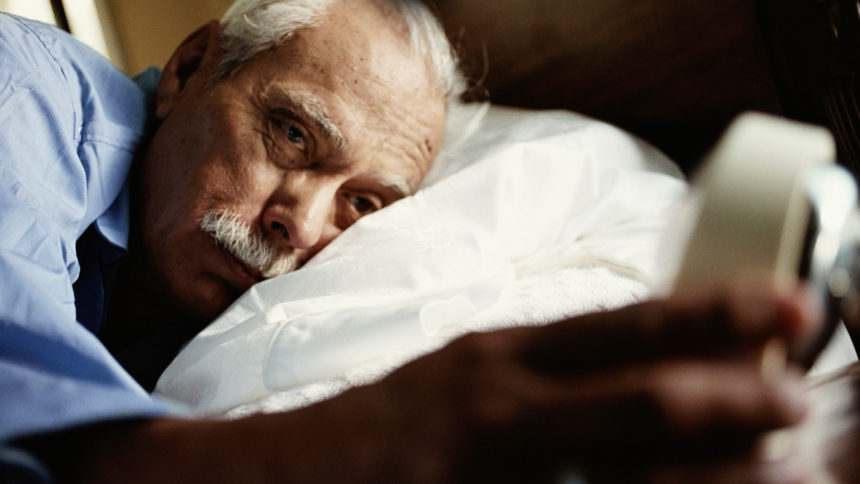
Sleep problems can persist for years among cancer survivors, bringing on a host of health issues that may benefit from clinical intervention, a new study has found.
Some people recover from the sleep issues that accompany cancer treatment. But the problem persists in nearly 40% of survivors — for as long as five years beyond diagnosis, reported Sara E. Strollo, MPH, and colleagues from the American Cancer Society. Continued loss of sleep can lead to health problems, including lower quality of life and depression.
“Heightened levels of cancer-related physical distress, emotional distress, economic distress, and fear of recurrence are associated with poor sleep quality and high sleep disturbance in long-term cancer survivors,” the investigators wrote.
Meanwhile, patients receiving sleep disorder therapies appear to have an advantage. When the 28% of study participants taking sleep medicines were excluded from the data, the untreated group revealed a much greater link between cancer-related problems and missed sleep, Strollo explained.
Awareness that a sleep problem may be cancer-related may aid clinicians when they pursue care solutions for long-term survivors, she and her colleagues concluded.
Cancer patients represent up to 15% of nursing home residents, and about 59% of survivors are older than 65 years, according to prior research. Most of these survivors will go on to develop conditions that require long-term support and services, investigators say.
The study was published in the journal Sleep Medicine.




